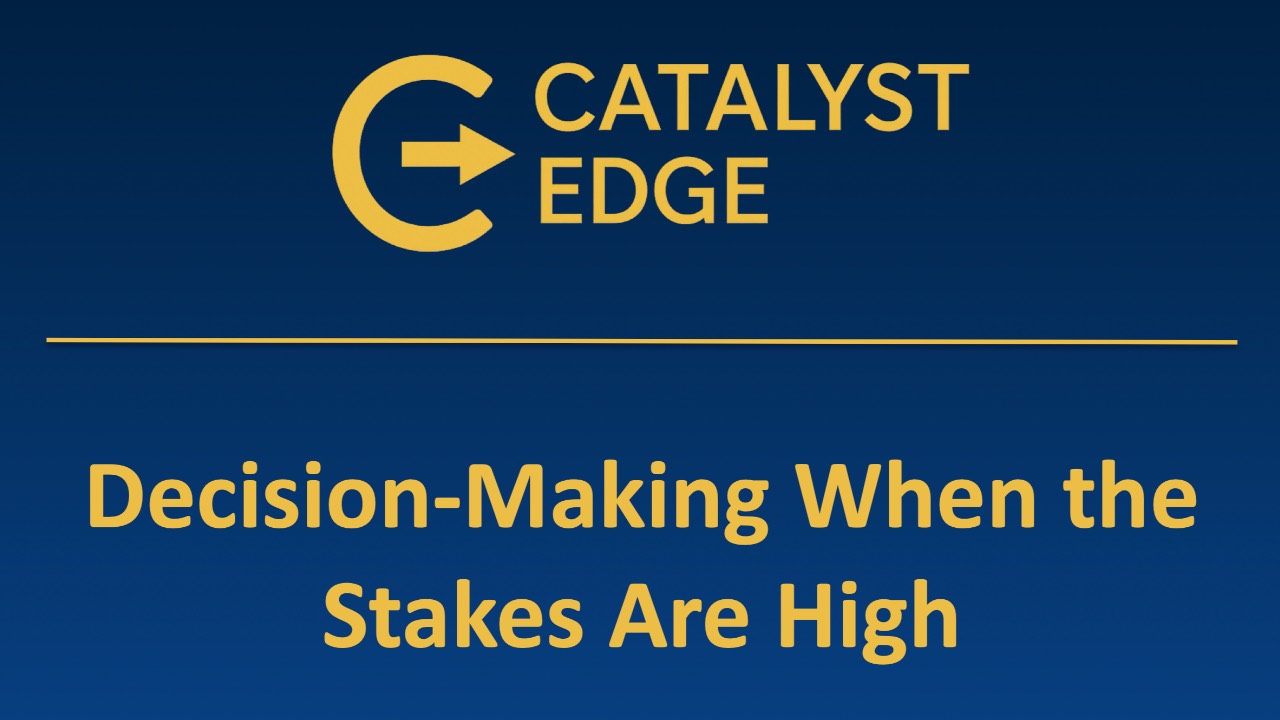The Value of Your Time
How to Create Space for Clarity, Thinking, and Better Decisions
The key is not prioritize what's on your schedule, but to schedule your priorities.
Stephen Covey
Most people feel constantly busy, yet strangely unsatisfied.
Their days are packed with meetings, messages, and tasks that seem urgent but rarely important.
The pressure to stay responsive and productive can easily pull us into a tactical way of living - reacting to what’s in front of us rather than reflecting on what really matters.
We get an idea and act on it immediately, because slowing down feels risky. Then we move on to the next thing. But here’s the irony: the more we do, the more work we often create for others and ourselves.
Every quick message spawns a chain of replies.
Every new initiative generates more meetings, reports, and updates.
And now, with generative AI making it easier than ever to create, write, or launch something, the cost of taking action has almost disappeared.
I have noticed it myself - it is easy to slip into action mode and, hours later, wonder where the time has gone.
But the effectiveness of these cheaper and more numerous actions has not necessarily improved.
Much of what gets produced simply creates more activity — more content, more noise, more tasks. It doesn't always solve meaningful problems or make the world better.
In the end, real progress comes not from doing more, but from thinking more deeply about what’s worth doing at all and doing that extremely well.
Three Shifts That Will Help You Protect and Reclaim Your Time
1. Notice Where Your Time Really Goes
Most of us underestimate how much time we spend reacting rather than choosing.
Keep a simple log this week — note how your time and attention are spent each day.
At week’s end, review it honestly: what truly moved you forward, and what just filled the hours?
2. Create Space to Think
You don’t need a full day to regain perspective — even 20 minutes of quiet, uninterrupted thought can change how you see things.
Pause before acting.
Reflect before deciding.
When you slow down long enough to think clearly, you often find that half the things you were about to do don’t really need doing at all.
3. Simplify and Let Go
Not everything deserves your time.
Whether it’s automating a task, asking for help, or simply deciding not to act yet — letting go of the unnecessary creates space for what truly matters.
Every time you pause instead of reacting, you strengthen your ability to live — and lead — with intent.
Try This Out
For one week, keep a short daily log of where your time and energy go.
At the end of the week, highlight three moments where you reacted quickly — and ask yourself: What would have happened if I had waited?
Then, next time you feel the urge to act immediately, give it an hour.
Or a day.
See what happens.
Notice how often the urgency fades — or a better path reveals itself.
Every Day Insight
Busyness can feel like progress, but often it’s the opposite.
Real progress comes from clarity - knowing when to act, and when to wait.
Discernment is one of our greatest human gifts: the ability to pause, reflect, and choose with intent.
It’s what separates us from machines, and it’s what turns activity into progress.
As the cost of action falls, the value of judgment rises.
So use your time and your attention with care.
That’s how we create work that matters and a world that moves forward with purpose.
Protect your time.
Use it with judgment and intent.
It’s not a luxury - it’s your human edge.






Responses